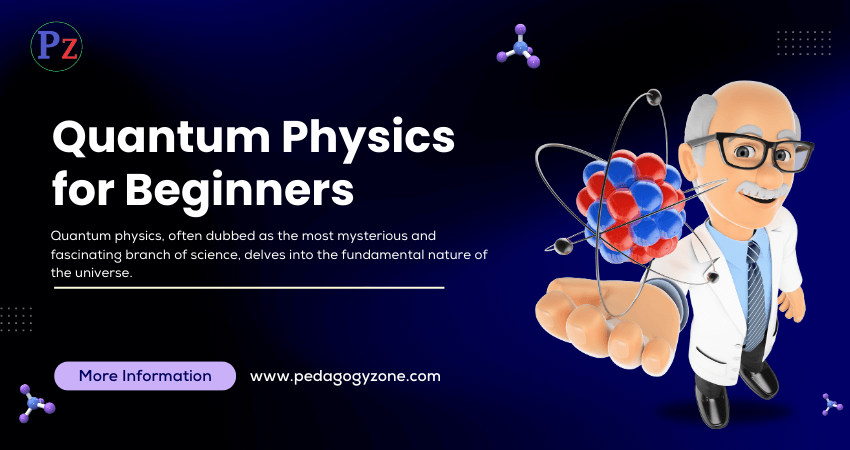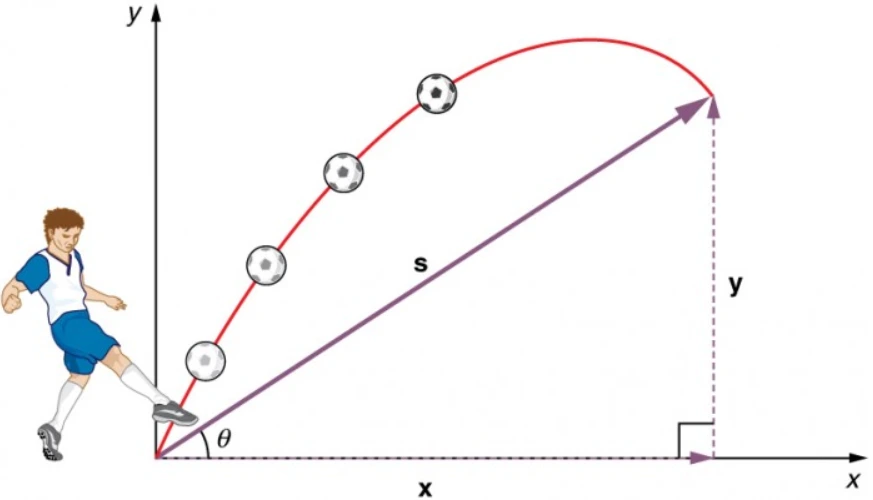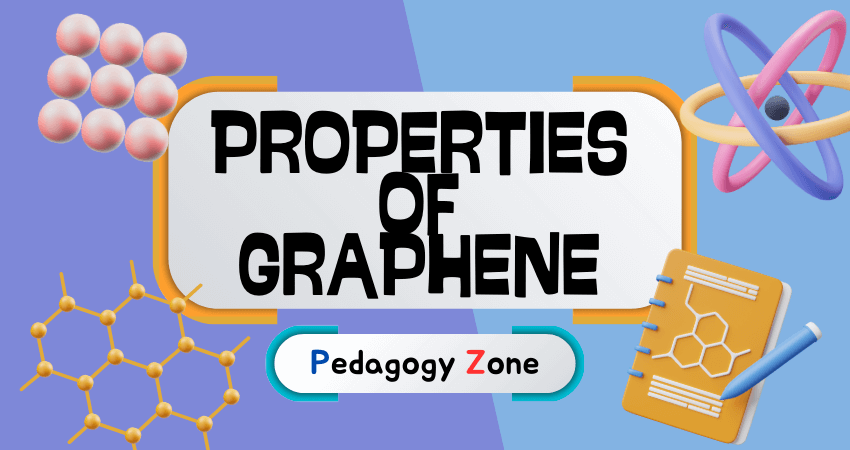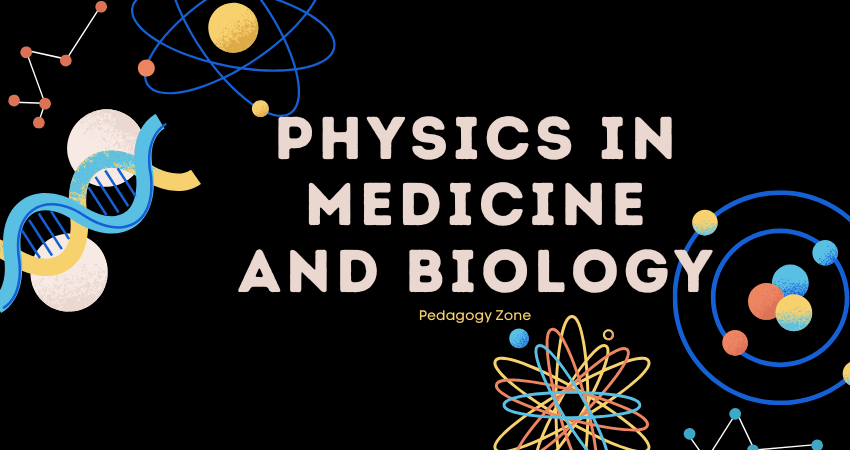Quantum physics, often dubbed as the most mysterious and fascinating branch of science, delves into the fundamental nature of the universe. But what exactly is quantum physics? In essence, it’s the study of the smallest particles known to exist, revealing the underlying principles that govern the micro-world. The importance of quantum physics cannot be overstated, as it has revolutionized our understanding of reality and paved the way for groundbreaking technologies.

Early Beginnings : The journey of quantum physics began in the early 20th century. Max Planck is often credited as the father of quantum theory with his introduction of quanta-discrete packets of energy in 1900. This idea challenged the classical views of physics and set the stage for further exploration.
Key Milestones : Significant milestones include Albert Einstein’s explanation of the photoelectric effect in 1905, which earned him the Nobel Prize. Niels Bohr’s model of the atom and Werner Heisenberg’s uncertainty principle were also pivotal in shaping the field.
Fundamental Concepts of Quantum Physics
Wave-Particle Duality : One of the core concepts in quantum physics is wave-particle duality, which posits that particles like electrons exhibit both wave-like and particle-like properties. This duality is fundamental to understanding quantum phenomena.
Quantum Superposition : Quantum superposition refers to the ability of a quantum system to be in multiple states simultaneously. This principle is famously illustrated by Schrödinger’s cat, a thought experiment where a cat in a box is both alive and dead until observed.
Quantum Entanglement : Quantum entanglement is a phenomenon where particles become intertwined in such a way that the state of one particle instantaneously affects the state of another, regardless of the distance between them. This “spooky action at a distance” puzzled even Einstein.
The Role of Photons in Quantum Physics
Nature of Photons : Photons, the elementary particles of light, play a crucial role in quantum physics. They exhibit wave-particle duality and are essential in understanding quantum interactions.
Photons and Quantum Experiments : Photons are central to many quantum experiments, such as the double-slit experiment, which demonstrates the wave-particle duality of light and matter.
Quantum Mechanics vs. Classical Mechanics
Differences and Similarities : While classical mechanics describes the macroscopic world, quantum mechanics governs the microscopic realm. Quantum mechanics introduces probabilities and uncertainties, contrasting with the deterministic nature of classical mechanics.
Implications of Quantum Mechanics : The implications of quantum mechanics are profound, affecting everything from the structure of atoms to the nature of light and energy. It challenges our intuitive understanding of reality.
Notable Experiments in Quantum Physics
The Double-Slit Experiment : The double-slit experiment is a cornerstone of quantum physics. It shows that particles like electrons can create an interference pattern, behaving as waves when not observed, but as particles when observed.
Schrödinger’s Cat : Schrödinger’s cat is a thought experiment that illustrates the concept of superposition. A cat is placed in a box with a radioactive atom that has a 50/50 chance of decaying. Until the box is opened, the cat is both alive and dead, highlighting the strangeness of quantum mechanics.
Quantum States and Quantum Numbers
Quantum states describe the condition of a quantum system. These states are defined by quantum numbers, which provide information about properties like energy levels, angular momentum, and spin.
The Significance of Quantum Numbers : Quantum numbers are crucial for describing the unique characteristics of particles. They help in understanding the behavior and interaction of particles at the quantum level.
Quantum Computing
[sc_fs_faq html=”true” headline=”h2″ img=”” question=”What is Quantum Computing?” img_alt=”” css_class=””] Quantum computing harnesses the principles of quantum mechanics to process information in ways that classical computers cannot. Quantum bits, or qubits, can exist in multiple states simultaneously, allowing for complex computations. [/sc_fs_faq]
How Quantum Computers Work : Quantum computers use qubits to perform operations through quantum gates. These gates manipulate qubits using superposition and entanglement, enabling the solution of problems that are intractable for classical computers.
Applications of Quantum Physics
Quantum Cryptography : Quantum cryptography uses the principles of quantum mechanics to create secure communication channels. It leverages quantum entanglement and superposition to detect eavesdropping, ensuring data privacy.
Quantum Teleportation : Quantum teleportation is the transfer of quantum information from one location to another without physical transmission. This process relies on quantum entanglement and has potential applications in quantum computing and communication.
Interpretations of Quantum Mechanics : Various interpretations of quantum mechanics, such as the Copenhagen interpretation and the many-worlds interpretation, seek to explain its perplexing phenomena. These differing views lead to ongoing debates within the scientific community.
Quantum mechanics continues to spark debates about the nature of reality, the role of the observer, and the implications of quantum phenomena for our understanding of the universe.
The Future of Quantum Physics
Emerging technologies, such as quantum computers and quantum sensors, promise to revolutionize various fields. These advancements are expected to enhance our computational capabilities and measurement precision.
Future discoveries in quantum physics may unlock new insights into the fundamental nature of reality. Researchers are exploring quantum gravity, quantum field theory, and other areas to expand our knowledge.
Common Misconceptions About Quantum Physics
Quantum physics is often misunderstood and misrepresented. Clearing up common myths, such as the idea that it allows for faster-than-light travel or that it can explain consciousness, is crucial for accurate understanding.
What Quantum Physics Is Not
Quantum physics does not defy the laws of physics or provide magical solutions. It is a rigorous scientific discipline that requires careful study and understanding.
Quantum Physics in Popular Culture
Quantum physics has inspired numerous movies and books, often blending science fiction with reality. While entertaining, these portrayals sometimes distort the true nature of quantum phenomena.
Popular culture often misrepresents quantum physics, leading to misconceptions. It is important to distinguish between scientific facts and creative fiction.
| Read More Topics |
| At what scale do quantum effects occur |
| Is Schrödinger father of quantum physics |
| What is the principle of raman spectroscopy? |





